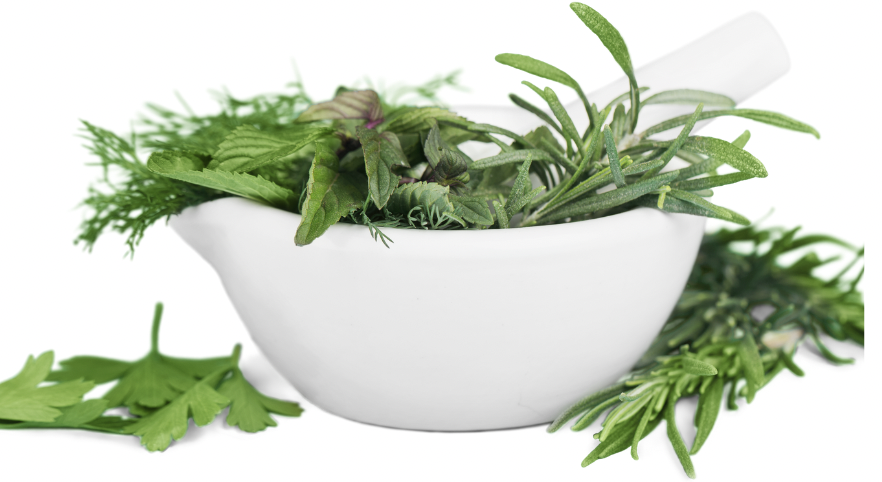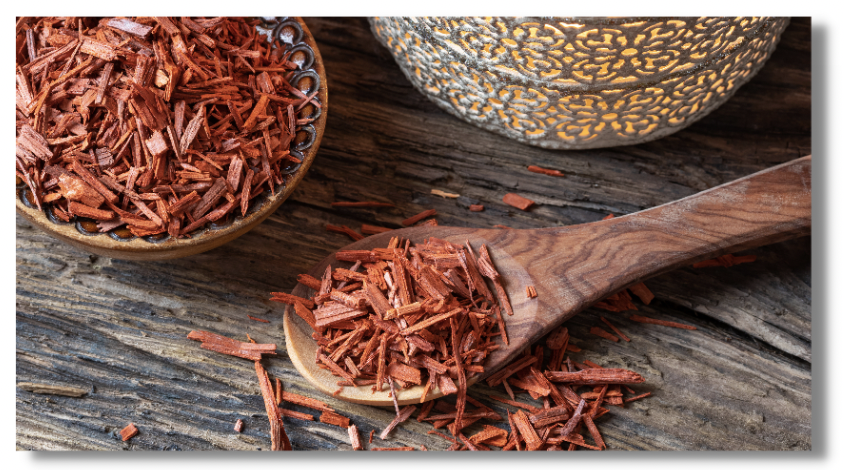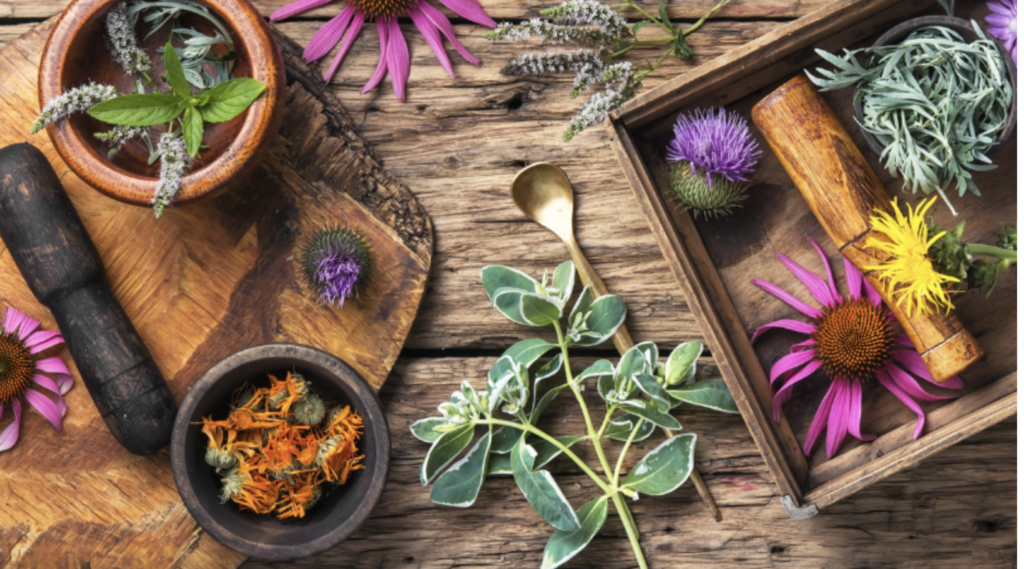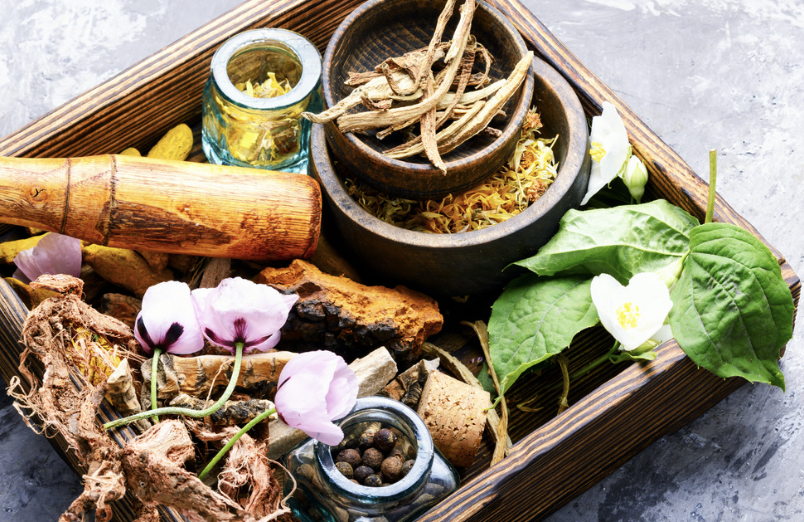The Fascinating World of Herb Folklore

We understand the importance of herbs not only as a culinary ingredient but also as a part of traditional folklore. Throughout history, herbs have been used for medicinal purposes, to ward off evil spirits, and to bring good luck. In this article, we will delve into the fascinating world of herb folklore and explore the interesting beliefs and practices that surround some of our favorite herbs.
The Magical Properties of Herbs
For centuries, people have believed that certain herbs have magical properties. For instance, sage is believed to ward off evil spirits and protect against negative energy, while rosemary is said to bring good luck and improve memory. Other herbs like thyme, chamomile, and lavender are believed to have calming effects and can promote relaxation.
The Use of Herbs in Traditional Medicine
Herbs have been used in traditional medicine for centuries to treat a variety of ailments. For example, echinacea is believed to boost the immune system and prevent colds, while ginseng is thought to improve mental clarity and reduce stress. Ginger is another herb that has been used for its medicinal properties, including relieving nausea and reducing inflammation.
The Symbolic Meaning of Herbs
In addition to their magical and medicinal properties, herbs have also been used to symbolize different emotions and concepts. For instance, rosemary is often associated with remembrance and is used in many funeral rites. Meanwhile, lavender is often used in weddings to symbolize devotion and loyalty.

Herb Folklore around the World
Herb folklore is not limited to one culture or region. In fact, many cultures around the world have their own unique beliefs and practices surrounding herbs. For example, in Japan, it is believed that burning incense made from sandalwood can help purify the mind and body. Meanwhile, in Mexico, marigolds are often used during the Day of the Dead to honor deceased loved ones.
Growing and Using Herbs at Home
If you’re interested in incorporating herbs into your daily life, growing them at home is a great way to start. Many herbs are easy to grow and require minimal care. Additionally, using herbs in cooking can add flavor and health benefits to your meals. For example, adding fresh basil to your pasta sauce can enhance the flavor and provide anti-inflammatory properties.
In conclusion, herbs have played an important role in human history and continue to do so today. Whether you’re interested in their magical properties, medicinal benefits, or symbolic meanings, there is no denying the allure of herb folklore. By growing and using herbs at home, we can tap into their rich history and enjoy their many benefits.
Published in Herbal Health and Wellness





Responses